Natural Born Killers - Which Plants May Harm Your Pet
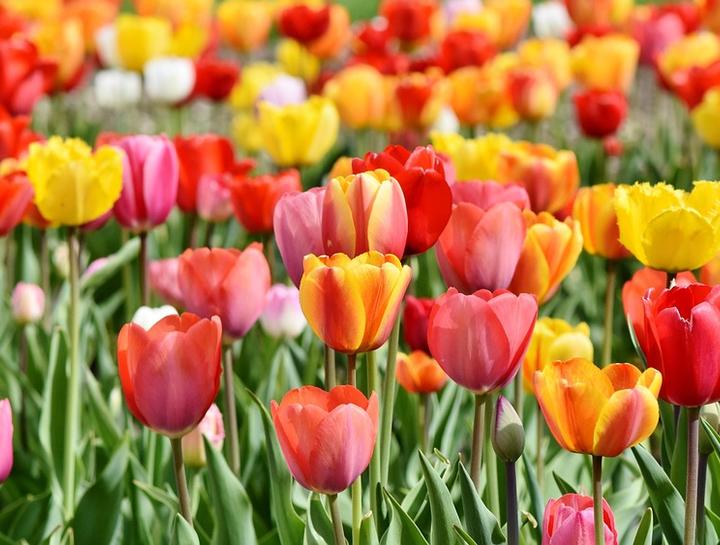
Natural Born Killers - Which Plants May Harm Your Pet?
When we think of toxins our beloved pets can get into, often things like chemicals, chocolate, and medications come to mind. However, one category that is quite common is from a much more natural source. Numerous plants and flowers that are beautiful, fragrant, and attractive to us are also attractive to our pets. Sometimes pets are exposed during walks through the neighborhood. But often, we unknowingly allow these toxins into our homes in the form of indoor plants, fresh floral bouquets, and seasonal holiday décor. Some can pose life threatening risks upon exposure. It is important to know what to avoid and where to get help when needed.
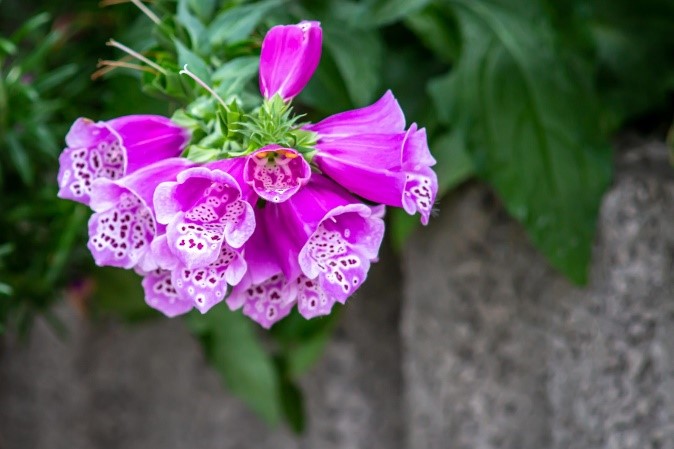
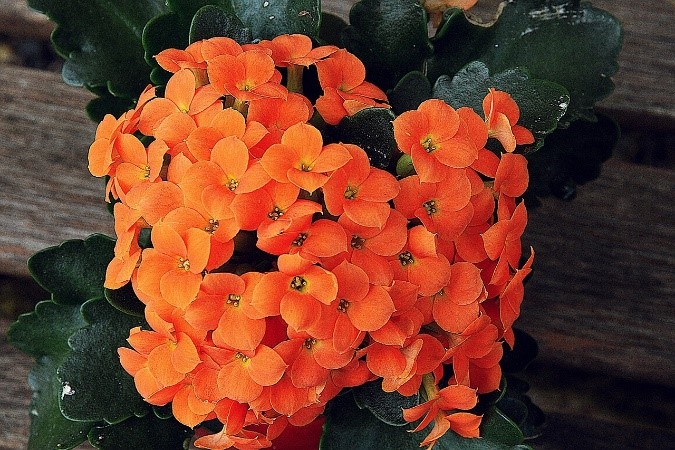
Severe Threats- These Plants Can Kill
- Lillies – The showy beautiful Asiatic lilies (including Easter Lilly, Stargazer Lilly, Tiger Lilly, and many perennial lilies in gardens and cut bouquets) are highly toxic to cats. Even a tiny portion of pollen licked from the coat or a small portion of a leaf or flower can cause fatal kidney failure. Do not allow ANY exposure of these flowers to cats.
- Sago Palm- All parts of this common indoor plant or outdoor perennial in warm climates are toxic. The seeds are the most toxic though. Ingestion results in vomiting, diarrhea, seizures, and liver failure.
- Kalanchoe – This is another popular indoor houseplant often given as a gift due to its pretty colorful flowers. It causes not only vomiting and diarrhea when ingested but also toxicity to the heart itself affecting heart rhythm and rate.
- Amaryllis – Popular around Christmas and Easter as forced indoor bulbs and floral gifts, this plant can cause vomiting, depression, tremors, anorexia, and hypersalivation.
- Pencil Cactus – This succulent is becoming more popular as indoor plants in nurseries. The milky sap it contains can cause severe skin burns, blindness if contacting the eye, oral burns, and severe gastrointestinal distress.
- Azalea / Rhododendron – This is a beautiful showy bush often found further south but some varieties can be cultivated in Wisconsin. Its toxins cause vomiting, diarrhea, drooling, and weakness. If severe, coma and death from cardiovascular collapse can occur.
- Castor Bean – This ornamental garden plant contains ricin, a potent toxic protein that causes severe abdominal pain, diarrhea, vomiting and weakness. Severe cases result in dehydration, muscle twitching, tremors, seizures, coma, and death.
- Autumn Crocus – This common garden bulb is highly toxic to pets if dug up and eaten. It causes oral irritation, bloody vomiting and diarrhea, shock, multi organ damage and bone marrow suppression.
- Foxglove – This beautiful showy plume – like garden flower is where the heart medication digitalis is derived from. Upon ingestion it causes vomiting, diarrhea, weakness, cardiac arrhythmias, and possibly death.
- Cyclamen – This pretty flowering plant is a garden find in addition to a flowering plant sold at florists. Its toxins are mostly concentrated in the roots but all parts of the plant are toxic. Its toxins cause vomiting, diarrhea, weakness, heart arrhythmias, seizures, and death.
- Oleander – This beautiful flowering shrub is primarily found in Texas and the far Western states of the US. Its cardiac glycosides cause gastrointestinal signs, abnormal heart rhythms, hypothermia, and death.
- Daffodils & Tulips – These beautiful flowering bulbs are sold at florists and also commonly planted in gardens as spring blooming bulbs. After ingestion gastrointestinal signs, depression, seizures and heart abnormalities can occur.
- Yew – This is a common ornamental evergreen bush or shrub in neighborhoods. Ingestion of its toxin called taxine causes trembling, incoordination, and difficulty breathing. It can also cause severe gi signs and cardiac failure, which results in death.
- Lily of the Valley- This is a common groundcover perennial in neighborhoods and wooded areas. They contain chemicals that are very potent cardiotoxins. Ingestion results in vomiting, arrhythmias, decreased cardiac output, weak pulses, critically high potassium levels in the blood and death.
- Marijuana – This plant contains THC, which causes a range of symptoms from mild to life threatening. It can be toxic from second hand inhalation, topical application to the skin, or ingestion of the plant in any form. Signs range from sensitivity to light and touch, drooling, vomiting, diarrhea, urinary incontinence, lethargy, incoordination, tremors, seizures, coma, and slow heart rate.
- Many Mushroom Varieties – Ingestion can cause reversible or irreversible liver failure.
If you suspect a possible toxin ingestion, time is of the essence. Do not wait to call for help. Early intervention is key. Calling once signs of illness develop is often too late. If caught early, a veterinary professional can induce vomiting and flush the stomach if needed and provide life -saving fluids and medication. Do not wait.
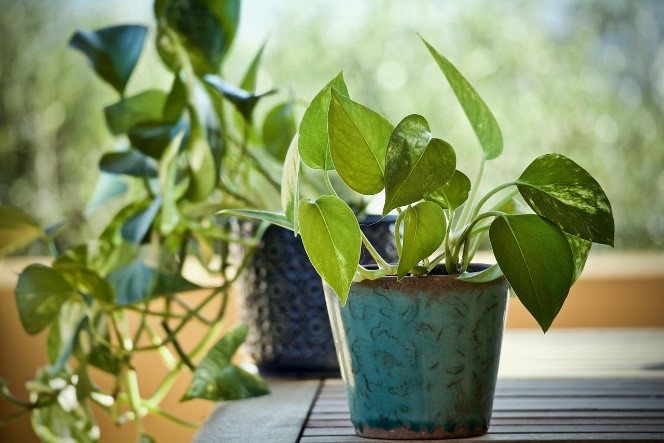
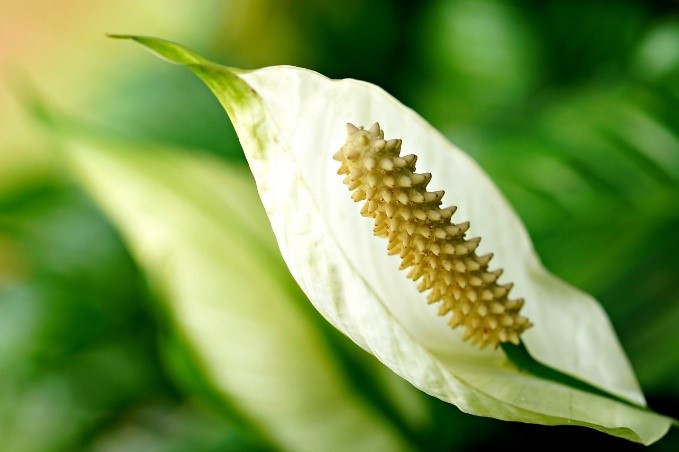
Plants Less Toxic but Capable of Causing Severe GI Upset
These plants can cause severe gi signs sometimes requiring hospitalized treatment but are generally less life threatening. They are commonly found in many, if not most households and gardens in the United States.
Aloe Dianthus (pinks) Iris
Asparagus Fern Dracaena / Corn Plant Jade
Baby’s Breath Dumb Cane Pansy
Begonia Elephant Ear Peace Lily
Bird of Paradise English Ivy Philodendron and Pothos
Bougainvillea Fleabane Plumbago
Calla Lily Freesia Poinsettia
Carnation Gardenia Primrose
Chrysanthemum Geranium Schefflera
Coleus Gladiolus Snake Plant (Mother – In Law’s Tongue)
Cosmos Hibiscus ZZ Plant
Dahlia Holly and Winterberry
Daisy Hydrangea
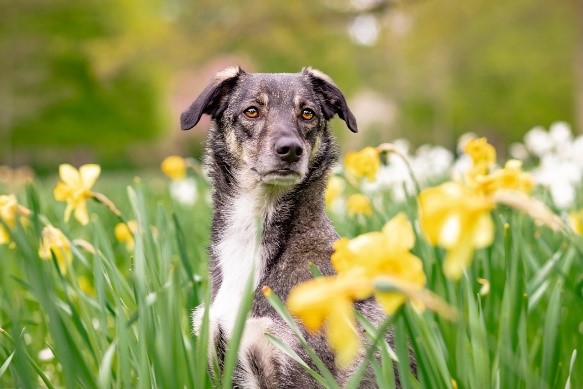
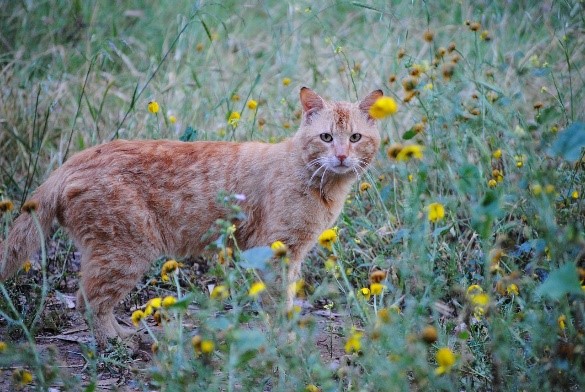
As is clear from the lists provided, there are many risks posed to our pets from plants and flowers. It is essential to prevent your cat or dog from free roaming in neighborhoods to avoid access to toxins. If your yard contains toxic flowers or plants, pets should only be outside with supervision or these plants should be removed. In addition, when walking through neighborhoods, avoid access to areas with plants and shrubs and do not allow pets to ingest plants and unknown material. Be sure to identify every plant and shrub in your yard and remove those with potential toxicity if eaten. In addition, identify all existing houseplants and remove those that are potentially problematic. When receiving gifts from visitors or guests be sure to identify what flowers are present and stealthily eliminate threats to avoid offending generous well-wishers. When sending flowers to a loved one you know has pets, be sure to order a pet safe option listed. An ounce of prevention can literally save a life in this case.
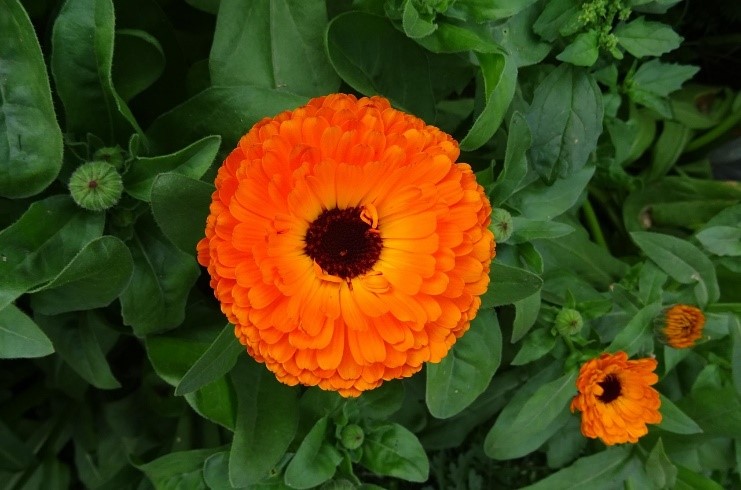
It is true that there are likely more plants that are toxic to pets than are safe. But if you are a plant lover like myself, you may wish to surround your environment with safe options. The following is a list of pet safe plants.
Alyssum Canna Lily Coreopsis
Blue Daisy Catnip (in moderation and Coral Bells
Boston Fern not in seizure prone cats) Echevaria Succulents
Bottlebrush Tree Celosia Plumosa Freesia
Camelia Christmas Cactus Fuchsias
Gerber Daisy Orchids Spider Plant
Gloxinia Pampas Grass Star Jasmine
Impatiens Persian Violet Statice
Lisanthus Petunia Sunflowers
Magnolias Polka Dot Plant (Baby Tears) Sword Fern
Marigold Rose Violets
Nasturtium Snap Dragon Zinnia
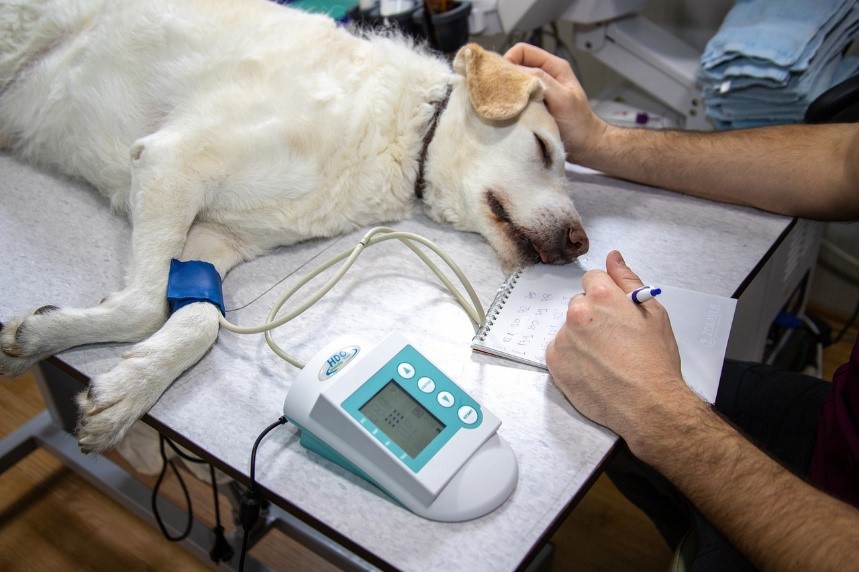
This article focused on some of the more common causes or potentially severe risks we see in practice in the clinic. For an extensive database of toxic and non-toxic plants with pictures included to help with identification, please refer to the ASPCA website (included with references at the end of the article). In addition, the ASPCA has a 24-hour emergency poison hotline for animals available at 888-426-4435. There is a fee of approximately $100 but any follow up calls regarding the incident are at no additional cost. Home Again is another great resource if your pet happens to be microchipped with a Home Again microchip. Free poison control consultation is included in your full-service registration fee. This service is available at 888-466-3242. Remember to act quickly. Don’t wait if ingestion is suspected. We are here to help Monday through Friday 8 – 5pm. Feel free to call with any questions. Our goal is to help keep our patients and pets safe and healthy.
Sincerely,
Dr. Trisha Metzger (and the rest of the amazing team at Countryside Animal Clinic)
References cited in the creation of this article: ASPCA American Society for the Prevention of Cruelty to Animals (https://www.aspca.org), Veterinary Partner (https://veterinary partner.vin.com) VCA Animal Hospitals (https://vcahospitals.com), Home Again (https://www.homeagain.com
Countryside Animal Clinic proudly offers payment options with Care Credit and Scratch Pay. We will work with all pet insurance carriers.

